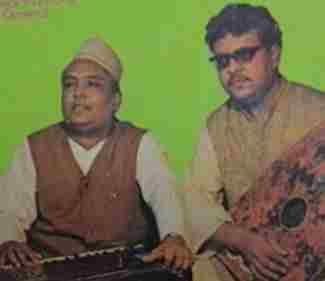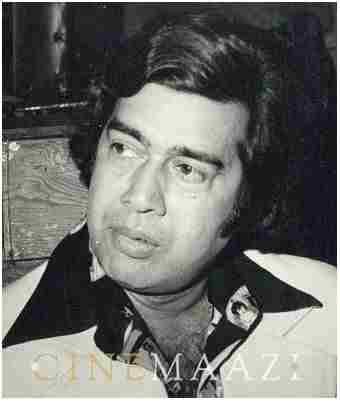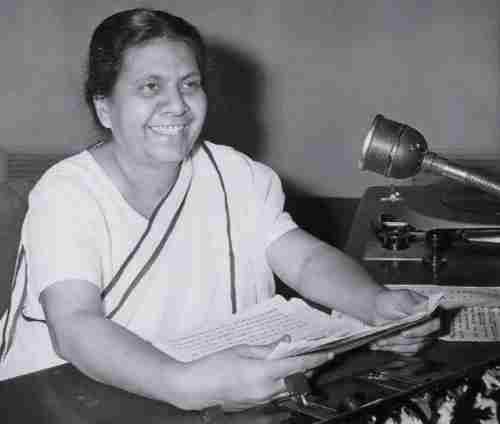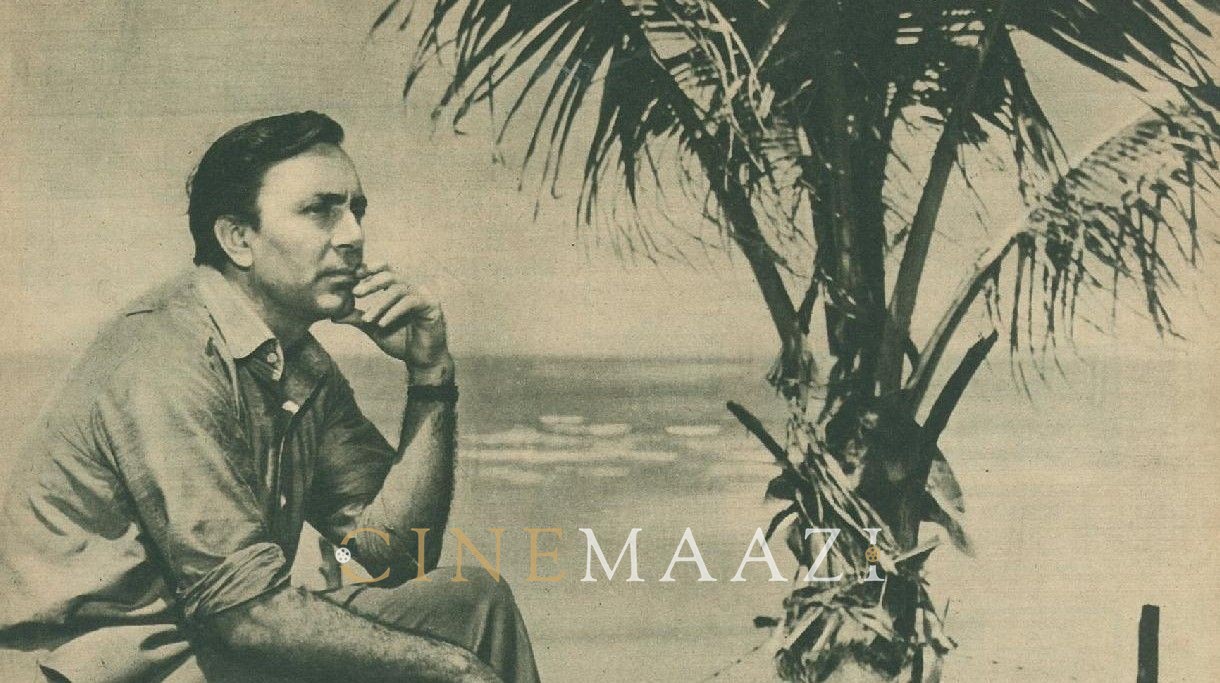Balraj Sahni on his Early Years
Subscribe to read full article
This section is for paid subscribers only. Our subscription is only $37/- for one full year.
You get unlimited access to all paid section and features on the website with this subscription.
Not ready for a full subscription?
You can access this article for $2, and have it saved to your account for one year.
The truth is, as in the case of the earlier Hum Log. Do Bigha Zamin too did not exactly improve my financial position. I remained as 'broke' as ever.
I was jobless for the following six months. Whenever I went to a studio in search of work, I would be subjected to curious stares. Thanks to the dysentery I had contracted in jail, my health had already deteriorated; it now became worse as a result of sitting idle at home. To add to my woes, I fell victim to eczema also. I would get nervous at the thought that it was perhaps the epithet 'communist' which was tagged on to my name, that was scaring the producers! At long last, I managed to get a role in a film. It was called Baju Bandh, which Ramanand Sagar was making. Though it was the lead role I was going to play, it called for a lot of villainy. I was supposed to play a waster, excessively fond of wine and women, who neglects his pious wife and becomes her despair.
One day Bimal Roy walked on to the set unannounced, as he had once done while I was on the Hum Log set. The Baju Bandh set showed a prostitute's house, where I, in my cups, was watching a dance of a nautch girl. When I saw Bimal Da there, I felt flustered. He came over to me and whispered into my ears, 'That's a fine role indeed you have chosen, after Do Bigha Zamin!'
I was nonplussed and tongue-tied. I also could not help feeling bitter. After all, it is the easiest thing in the world to criticise others. Every man expects the other fellow to make sacrifices! It was with great difficulty that I was able to get work again and earn my bread-and-butter. At that moment Baju Bandh was in my eyes worth much more than Do Bigha Zamin. It was Baju Bandh which was enabling me to feed my children. Was it then fair for Bimal Da to comment so sarcastically on my role?
Or was it perhaps, that he had not meant to ridicule me? It was probable that in his view he, the maker of Do Bigha Zamin, had become the harbinger of revolution! A decade ago, Hemen Gupta had made a film, based on Bankim Chandra's novel Anand Math, which dealt with the activities of revolutionaries. Hemen Gupta himself had been an armed revolutionary in the heyday of the British Raj. Before coming to Bombay, he had made classics like 1942 and Bhuli Nai.
Words inflict a wound which takes a long time to heal. Although Bimal Da had possibly uttered the remark in all innocence, I could not bring myself to forgive him. I was too highly strung in those days to be capable of doing that. After having been disowned by IPTA and the Communist Party, my life had become a rudderless ship. As if this was not enough. I was having to put up with threats from the police. They were even trying to make me their informer! What with friends and colleagues finding fault with everything that I undertook life had become unbearable for me.
I remember my meeting with Baba Gurmukh Singh at the Communist Party Office in Bombay. Baba had just been released from prison after serving a life term. On seeing me, he exclaimed: 'Oi Balraj! You a Punjabi! Why don't you go to Punjab? What makes you stay here in Bombay?' I had laughed off his suggestion then. But when I became the General Secretary of the Bombay Unit of IPTA. I asked myself, 'Why did you leave Punjab to come to this faceless city? Why not run away from here and live amongst your own another who speak your language?' But then I heard another voice admonishing me, 'What will you do in Punjab? Conditions would be much worse there than they are here. Your own brother Bhishma is having to move from place to place in search of a settled life. Your own colleagues, Rajvansh Khanna, Rajender Singh Bedi and Sahir Ludhianvi have come to Bombay to earn a living. You yourself have by no means achieved much in life so far.'
I am unable to say how genuine those thoughts of mine were. Nevertheless, things began to improve thereafter. The Communist Party gave up its anti-Nehru line. The stigma of 'traitor' smeared on the face of a communist like me was obliterated. About the same time, several film contracts came my way, one after another- Aulad, Taksal, Aakash, Rahi. That meant I could take things easy for the next couple of years. I could lead a life of my own and strive to improve the working of the film industry. But I proved to be lacking in courage. I was destined to make a compromise with my soul, once I achieved success in life. Bimal Da was, after all, justified in mocking at me; only he was a little ahead of the times.
I have greatly enjoyed reading Charlie Chaplin's autobiography. I felt, as long as that versatile artiste is describing the days of his poverty and struggle, the story of his life remains gripping. The moment, however, he starts dwelling on the palmy days of his career, the story loses its charm. You have then the impression that Chaplin is far too wrapped up in his personal problems and in cultivating the friendship of the British nobility. That detracts from the purity of his soul, so to say, although he had then reached the pinnacle of his career as a creative artiste. Witness the great films he produced in those days- Goldrush, Modern Times, Great Dictator and Monsieur Virdue. It is a strange paradox indeed!
When I look back upon my film life. I cannot fail to notice the ups and downs it has gone through. In the first ten years, I acted in only ten films. But in the next eighteen years, which have been years of success, I have acted in more than a hundred films. The ship has now weathered the storm and is sailing in placid waters. Why would any man bother his head about mundane things when producers are smothering him with currency notes?
The above is an exceprt from Balraj Sahni: an autobiography. written by Balraj Sahni and translated by Ramesh Deshpande, published by Hind Pocket Books in 1979. the copyright belongs to Balraj Sahni Sahitya Prakashan,








.jpg)



